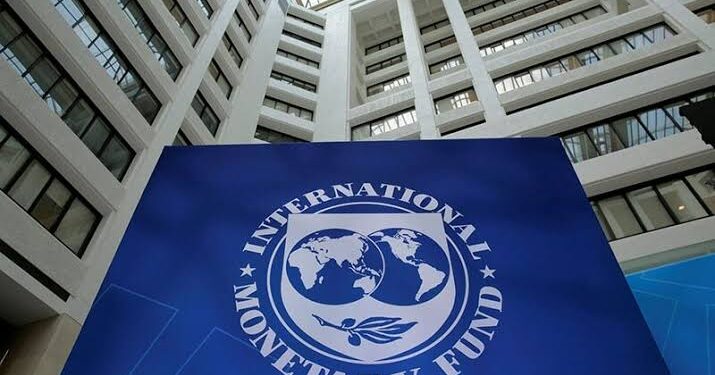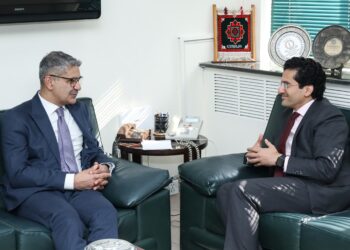ISLAMABAD : The government’s plan to allocate 2,000 MW of surplus electricity for crypto mining and select industries during winter months has failed to gain the support of the International Monetary Fund (IMF). Despite this setback, authorities continue to push the proposal with other development partners.
This was disclosed by Secretary Power Dr. Fakhray Alam Irfan while briefing the Senate Standing Committee on Power, chaired by Senator Mohsin Aziz.
The Power Division is expected to present the issue to the World Bank on Friday, during a broader discussion on the power sector at the Ministry of Economic Affairs.
The proposal recommended selling electricity at marginal cost rates (Rs 22–23/kWh) to high-energy-consuming industries such as copper and aluminum melting, data centers, and crypto mining. The goal was to absorb surplus electricity, increase demand, and reduce capacity charges.
However, the IMF rejected the proposal, arguing it resembled sector-specific tax holidays, which have historically led to market distortions.
“As of now, the IMF has not agreed,” Dr. Irfan admitted, adding that the proposal has been shared with the World Bank and other development partners for further discussions.
He emphasized that the government has not abandoned the plan and is working to address its shortcomings in consultation with international stakeholders.
During the meeting, Senator Mohsin Aziz criticized the absence of the Federal Minister, who was expected to answer questions on Independent Power Producers (IPPs) and related expenditures.
“Establishing IPPs in this way was an injustice,” he remarked, while Senator Shibli Faraz accused project developers of inflating costs to increase profits.
Both senators expressed concern over the growing circular debt and the Power Division’s continued failure to implement meaningful reforms. Senator Faraz argued that the burden of inefficiency is being unfairly passed onto consumers.
Despite questions from the committee, the Power Division claimed key matters were being handled by a Task Force—an explanation the committee deemed evasive.
Dr. Irfan stated that circular debt repayments are now tied to an already-implemented debt servicing surcharge, assuring that no additional burden would fall on consumers. He said efforts were underway to reduce subsidies and limit further increases in circular debt.
Senator Aziz also questioned the high return rates granted to IPPs, calling for excess profits to be returned to the public. He criticized the Power Division for dodging questions and deflecting responsibility.
“If we have surplus electricity, why are people still facing load shedding?” he asked.
Dr. Irfan responded that load shedding is limited to high-theft areas and said technology is being deployed at the transformer level to monitor and reduce losses.
Senator Ponjo Bheel raised the issue of excessive load shedding in Tharparkar, Matiari, and Umerkot—up to 14 hours daily in some cases—despite consumers paying their bills. He accused local officials of corruption, including taking bribes for illegal connections and manipulating billing systems.
The committee expressed dissatisfaction with the Power Division’s evasive responses and directed that comprehensive answers be provided at the next meeting.
K-Electric officials reported that 70% of their 2,100 feeders are load-shedding-free, while 30% face outages due to high theft. They said billing has been divided into installments to ease payment for consumers.
The Chairman suggested reevaluating the strict slab system by using annual averages instead of monthly usage.
Dr. Irfan noted that 58% of power consumers fall under the “protected” category, receiving electricity at Rs 10 per unit. He confirmed that Rs 250 billion in subsidies are being provided with approval from international lenders. He also highlighted a new initiative allowing consumers to submit their own meter readings. So far, 500,000 users have downloaded the app, with 250,000 registered.
The CEO of HAZECO also briefed the committee on billing issues in Lora Chowk and frequent faults in the Bandi Sher Khan feeder. He said billing and maintenance operations will soon be outsourced to the private sector to improve service delivery.
—Ends















